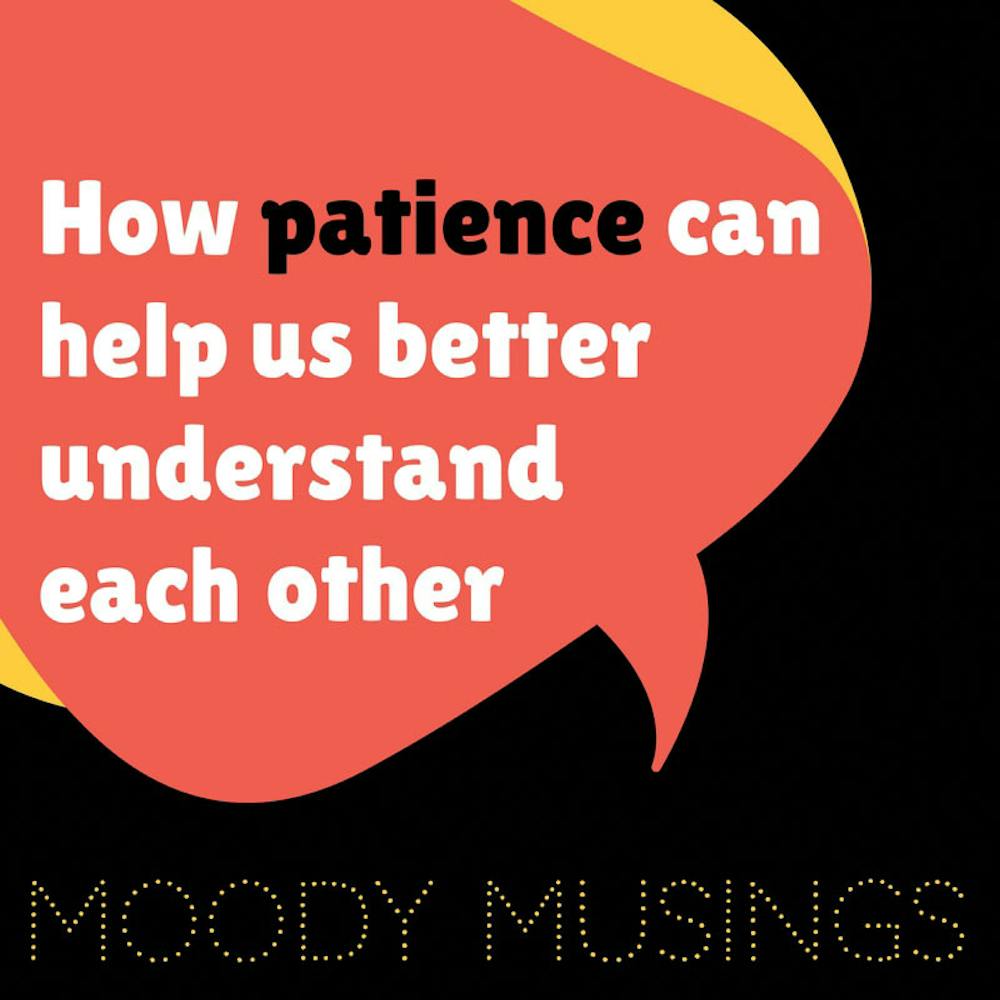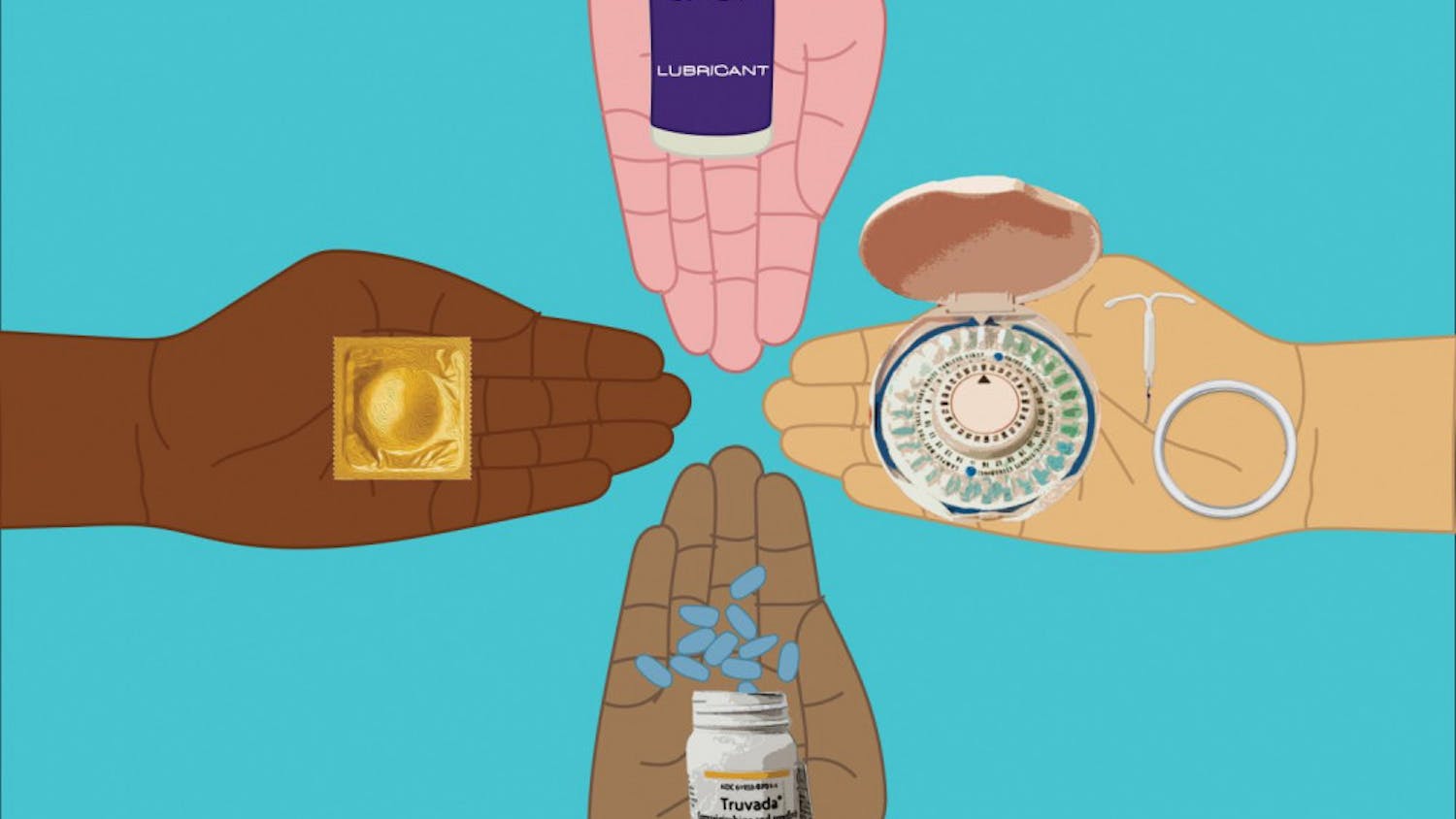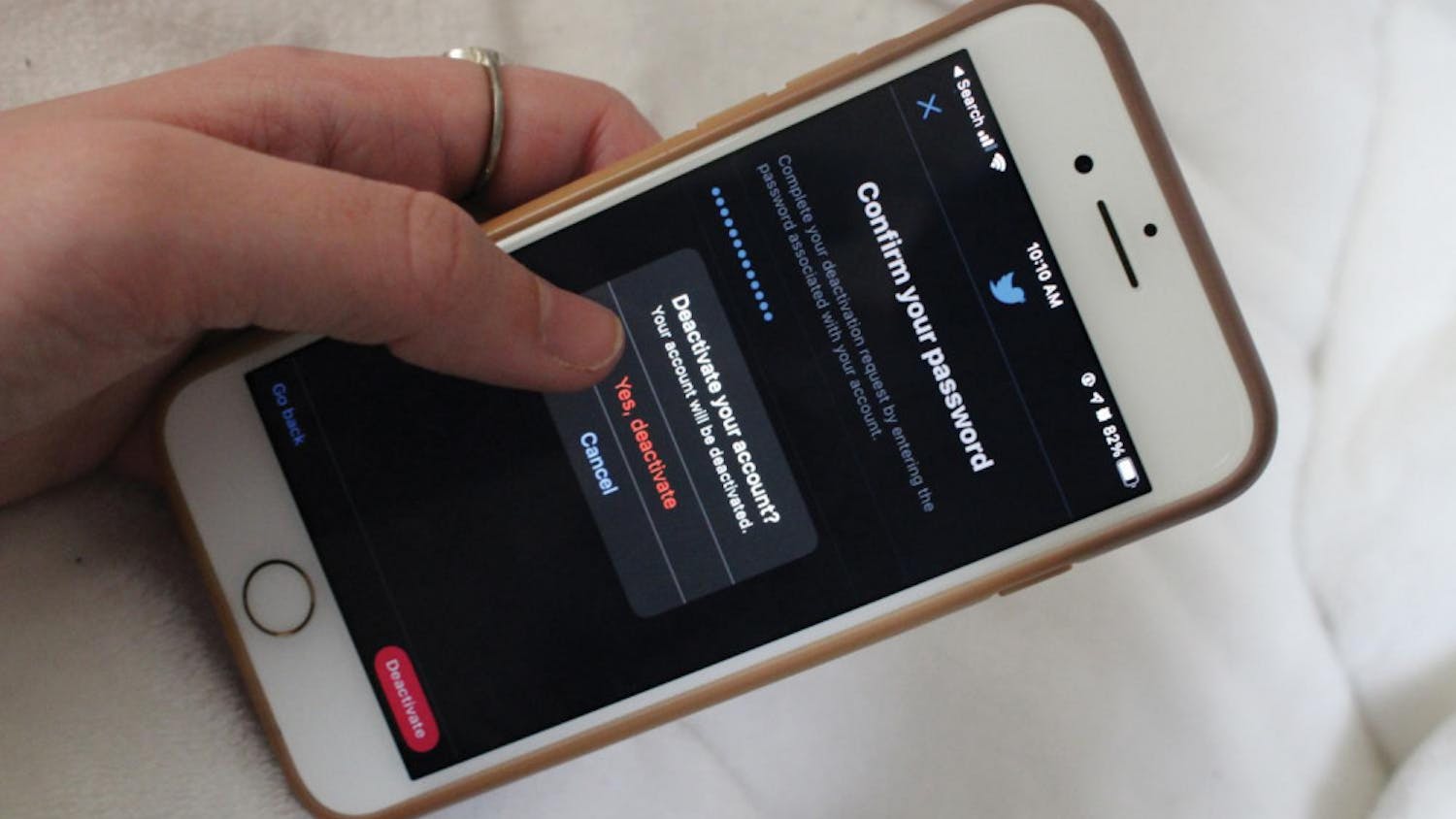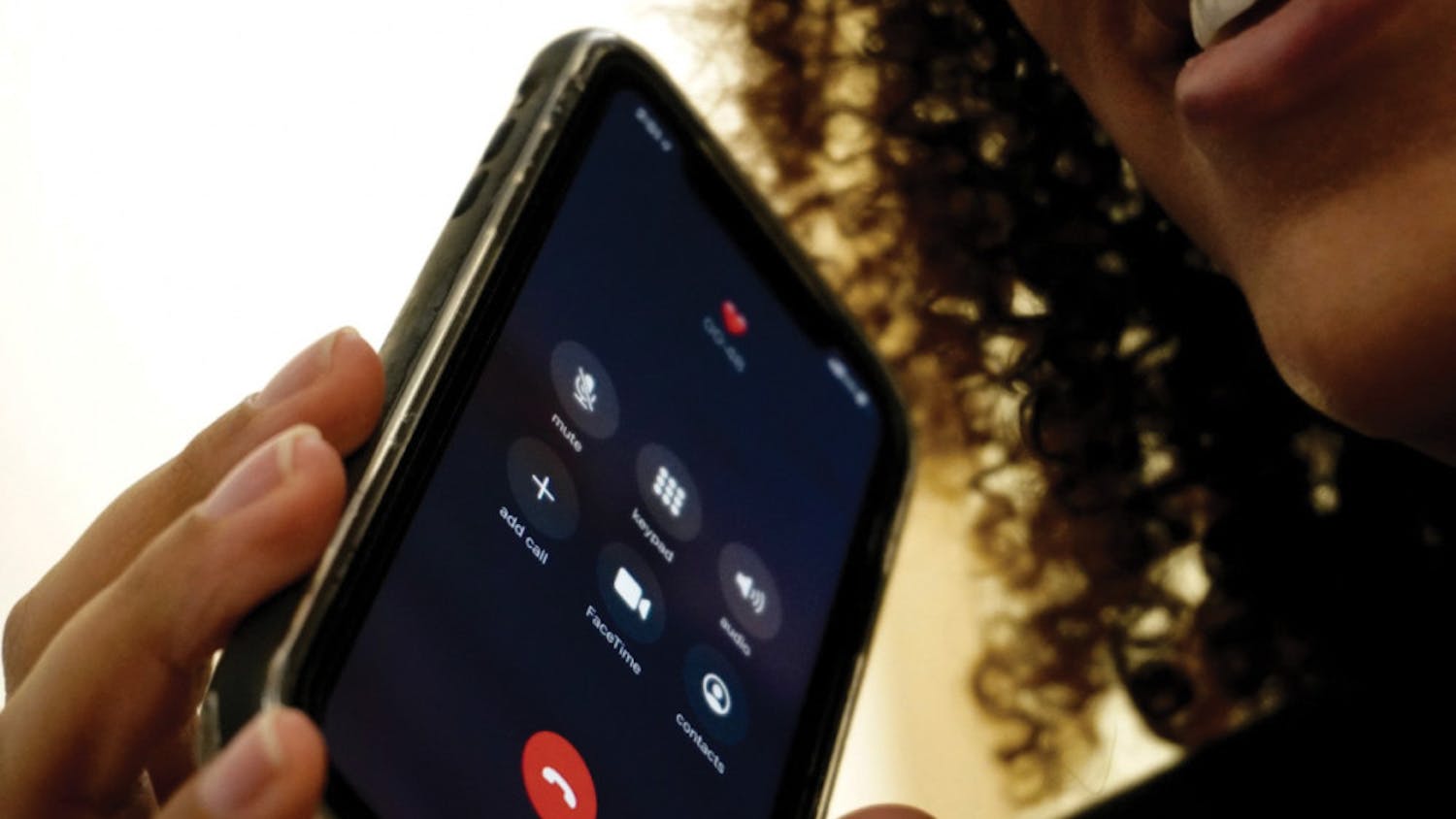I traveled to Cambridge, Massachusetts for a conference at Harvard Kennedy School sponsored by their Institute of Politics. The theme of the conference was “Facilitating Civil Discourse.”
I thought the theme was very fitting for me because I had just traveled from a campus that was buzzing about the selection of our annual Founders’ Day speaker, Jay Sekulow.
My next observation was that there were students from all over the country. There were students from Georgia, Tennessee and North Carolina, but there were even more students from places like Iowa, California, New York, Massachusetts, Washington D.C., Ohio, Kentucky, Texas, Virginia and Utah.
This didn’t just mean that there were many different colleges and universities represented, but for me, it meant that I would hear from people who grew up in different places, who experienced different things and had a variety of perspectives. Eventually, this would become the one thing I was consistently grateful for.
Throughout the many conversations we’d have about politics, perspectives and decision making, I began to recognize that I was surrounded by many diverse people just like this at my own university.
I realized that I didn’t have to travel to a conference to hear these perspectives, I just had to have these same conversations with the people around me and to be more patient with them.
When we’re engaging in conversations with the people who we see every day, who we have developed an opinion on and have some form of knowledge about, we tend to jump to a conclusion about their views and beliefs. These conclusions cause us to disregard what they’re telling us and to only focus on how we can tell them they’re wrong and correct them.
This is a human trait, and I am guilty of it myself. The conference taught me patience and how important it was for us to be patient with everyone, including ourselves.
Kayla Parchia, founder of We Work ATL, said it best in her Instagram post on Feb. 11.
“The next time you catch yourself in a moment of being judgemental or being annoyed because you don’t understand why people do what they do, take a moment to breathe and have patience with that person,” she said.
Parchia said that we’re all made up of various experiences and habits that have gotten us to that point.
“Having patience will lead to a greater path of understanding and will allow you to be the person you intend to be,” Parchia said.
At Harvard, I heard from people who grew up on farms, people who grew up in predominantly white towns, people who grew up in low-income neighborhoods and people who grew up in predominantly upper-class neighborhoods. I also heard from people who never thought twice about the government and politics until 2016.
We learned that in the 2016 election, geography and education had such a huge impact on how people voted, and often those are the two things in the world that tend to divide us most.
Every person I talked to gave me a better understanding of how much our geography, education and upbringing affects our political views and just how we view life in general. After each conversation, I became more patient and more observant of these differences and how important theses differences were to people.
Patience is a skill, so it’s something you must practice and be mindful of. It also requires us to let go of our level of expectancy.
It’s easy to become impatient with people when we assume that we have the same level of understanding, intellect and maturity. We also become impatient when we assume that they understand what we’ve been through, our background and our dislikes.
When we’re patient with others, we become more understanding and more tolerant. This new level of understanding and tolerance often helps us to have those conversations that can make a difference and eliminate the divide we’ve been holding on to.
Moody Musings: How patience can help us better understand each other





